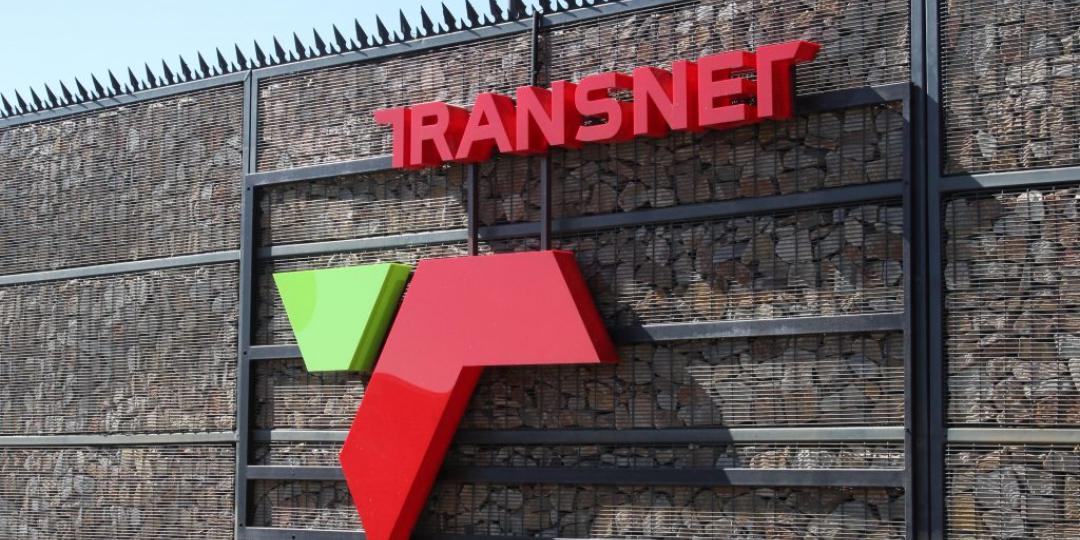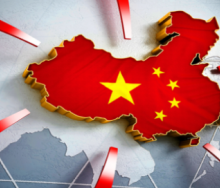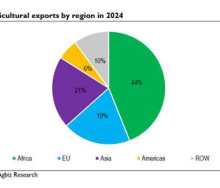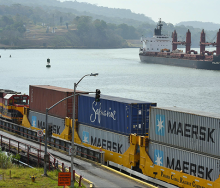Transnet has temporarily removed Black Economic Empowerment criteria from its tender documents pending the outcome of a Constitutional Court ruling on a case regarding preferential regulations that favour black-owned businesses.
This comes after Afribusiness NPC won its Constitutional Court case against Finance Minister, Enoch Godongwana, in February when the apex court confirmed the ruling of the Supreme Court of Appeal (SCA) that the 2017 Preferential Procurement Regulations (PPR 2017) issued by the minister in terms of section 5 of the PPPFA were invalid. However, the SCA also ordered the effectiveness of its ruling to be suspended for 12 months from November 2, 2020. This was to allow the minister time to introduce new regulations.
The Preferential Procurement Policy Framework Act 5 of 2000 (PPPFA) and its Regulations were enacted to give effect to the requirement to have national legislation that prescribes the framework for preferential procurement policies for all organs of state.
“Regrettably, the Constitutional Court judgement is silent on the issue of the timing effect of the invalidity of the Regulations. This has created legal uncertainty in the public procurement environment, and the minister of finance has since approached the Constitutional Court on an urgent basis to seek clarity on this aspect of the judgement,” Transnet spokesman Ayanda Shezi said.
“It is important to note that the PPPFA itself remains valid as an Act of Parliament. It is only the Regulations that have been declared invalid. However, the continued implementation of the Act is dependent on valid Regulations being in place,” Shezi added.
The PPPFA requires that the threshold amounts to which the 80/20 and 90/10 preference points systems applied together with the price formula must be prescribed by regulations. “Such regulations are necessary for the organs of state to implement their preferential policy. Without the thresholds and formula lawfully determined by the minister, it becomes impossible to implement the preference scoring as envisaged in the Act,” Shezi said.
Godongwana issued new draft regulations for public comment on March 10.
“As soon as the Regulations 2022 are promulgated, Transnet will ensure full compliance.
“As an interim arrangement to ensure compliant business continuity at Transnet, National Treasury advised that organs of state could apply for an exemption from the PPPFA. Such requests should be limited to procurement requirements that cannot await the new regulations or the Constitutional Court clarification,” she said.
Transnet has been granted an exemption from the application of the provisions of the PPPFA, effective from March 11, 2022, until new Preferential Procurement Regulations (PPR) take effect or the Constitutional Court confirms the effective date of the judgement, whichever comes first.
“Waiting for either of these decisions in order to proceed with procurement events at Transnet would have huge ramifications for the business, and its ability to service its customers,” Shezi said.
Transnet would not be not able to issue tenders with preferential procurement prequalification criteria, for example minimum B-BBEE level, EMEs/QSE set-asides, and minimum 30% subcontracting requirements as this would be non-compliant with Section 217(3) of the Constitution, she added.
“This situation is anticipated to be short-term pending either the new regulations or clarification of the Constitutional Court judgement. Transnet would ideally have preferred to apply preference during this period, however, it is left with no other options in order to meet immediate operational requirements and economic objectives.”
Shezi said Transnet was “fully committed to transformation and the full participation of historically disadvantaged individuals in the economy” and its operations.
“This ruling and the absence of a new and better mechanism for ensuring the participation of black or transformed businesses is regrettable. As is common cause, Transnet and the South African economy cannot afford to stop all procurement whilst waiting for the new regulations or an alternative ruling by the Constitutional Court in order to avoid our procurement being interdicted,” she added.













